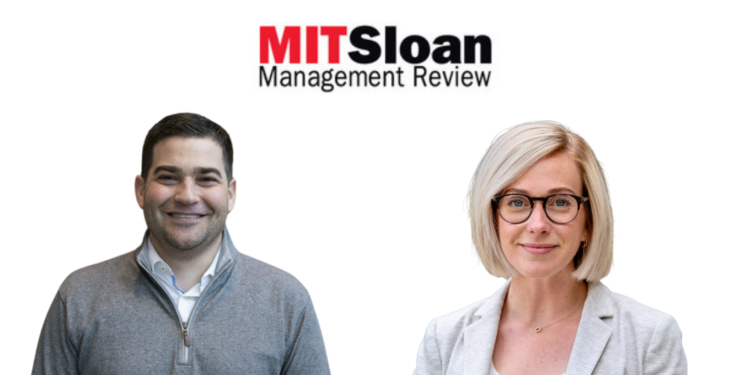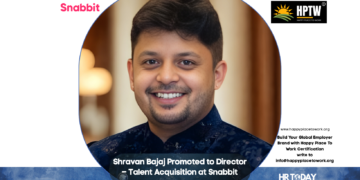CAMBRIDGE, Mass., USA– New research released from MIT Sloan Management Review shows that talent hoarding — manager behaviors that prevent subordinates from pursuing jobs elsewhere within a company — is bad for organizations, employees, and managers themselves. “Why You Should Let Your Favorite Employee Move to Another Team” shares data-backed evidence that letting their best employees go is often in managers’ own best interests.
Year after year, employees report that the No. 1 reason they leave an organization is the lack of opportunities for career advancement. JR Keller, an associate professor of human resource studies in the School of Industrial and Labor Relations at Cornell University, argues that “hoarding talent is a real short-term mindset with very long-term negative consequences for all — managers, employees, and organizations.”
Managers can control this and should keep the following points in mind when considering their own leadership performance:
- Managers must be willing to give up talent if they wish to become talent magnets. Earning a reputation as a manager no one wants to work for will not only minimize a draw on talent but also limit a manager’s own ability to advance.
- Letting people move on is good for organizations and managers. Employees know which managers are better to work for, and they want to work for managers who get their people promoted.
- Employees know which managers give out titles without meaningful responsibility changes. While managers may have real incentives to hold on to high performers, their reputations as talent blockers will cost them and their organizations in the long run.
- Hoarding is costly to organizations. The best way to get employees to stay is to show them that they can advance their careers within the organizations.
Of the nearly 100,000 internal applications that Keller and coauthor Kathryn Dlugos studied, they found that managers with higher rates of promoting subordinates received significantly more internal applications when a spot on their team opened. And even more notably, they received significantly more applications from top-rated employees.
These effects persisted even when managers themselves changed jobs. Those who helped their previous subordinates earn promotions still received more, better, and more functionally diverse applicants when they first took over a new team. Their reputation for getting people promoted followed them throughout their organization and career.
Managers are so important to internal mobility and development, yet most organizations do not have incentives in place for managers to develop the talent they have.
“Managers need to be convinced that it is in their own best interest to develop their people, or they won’t ever get the results they want,” concludes Keller. “Managers should think about the time and energy they spend on providing their subordinates with development and career advancement opportunities, increasing their visibility, and helping them make internal connections as an investment not just in their subordinates’ futures but also their own.”
The Research
The authors analyzed 96,712 internal applications submitted to 9,896 open jobs posted by 3,431 hiring managers in the U.S. operations of a Fortune 50 company over a four-year period. This data allowed them to calculate the rate at which a manager’s subordinates were promoted, which in turn enabled them to examine whether managers whose subordinates frequently moved to higher-level jobs elsewhere in the organization were seen as more attractive to work for than managers whose subordinates rarely advanced.
The MIT Sloan Management Review article “Why You Should Let Your Favorite Employee Move to Another Team” publishes at 8 a.m. ET on April 24, 2024.
About the Authors
JR Keller is an associate professor of human resource studies in the School of Industrial and Labor Relations at Cornell University. Kathryn Dlugos was formerly an assistant professor of human resource management at Penn State University.
About MIT Sloan Management Review
MIT Sloan Management Review is an independent, research-based magazine and digital platform for business leaders published at the MIT Sloan School of Management. MIT SMR explores how leadership and management are transforming in a disruptive world. We help thoughtful leaders capture the exciting opportunities — and face down the challenges — created as technological, societal, and environmental forces reshape how organizations operate, compete, and create value.
Also Read : Listening Leaders: The Key to Unlocking Team Potential














